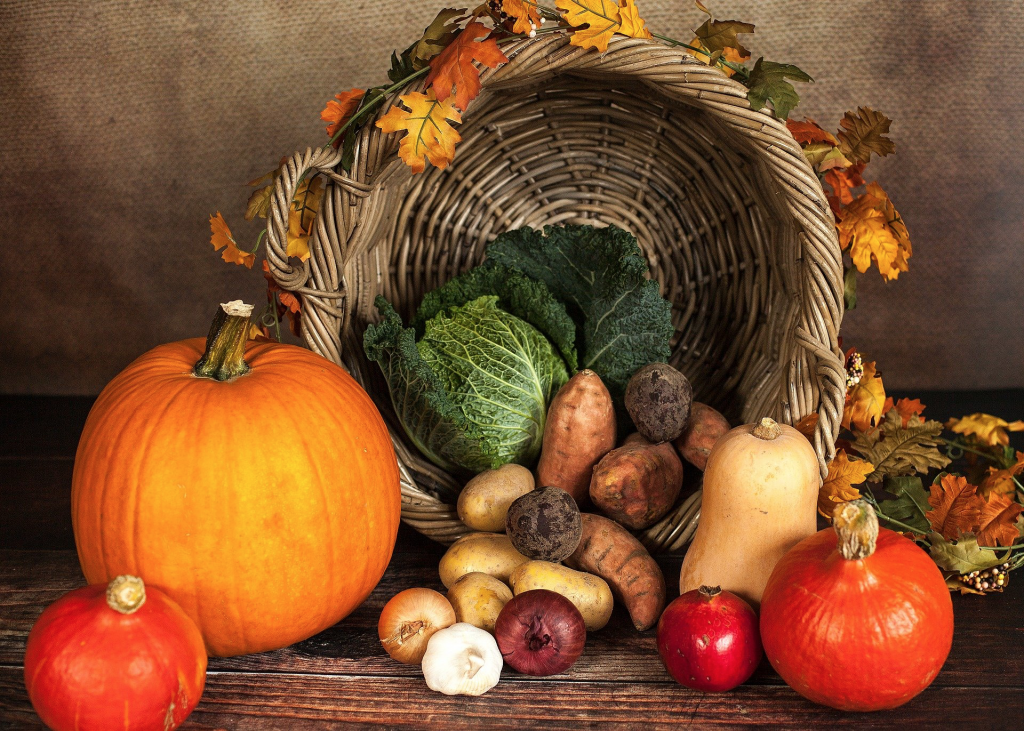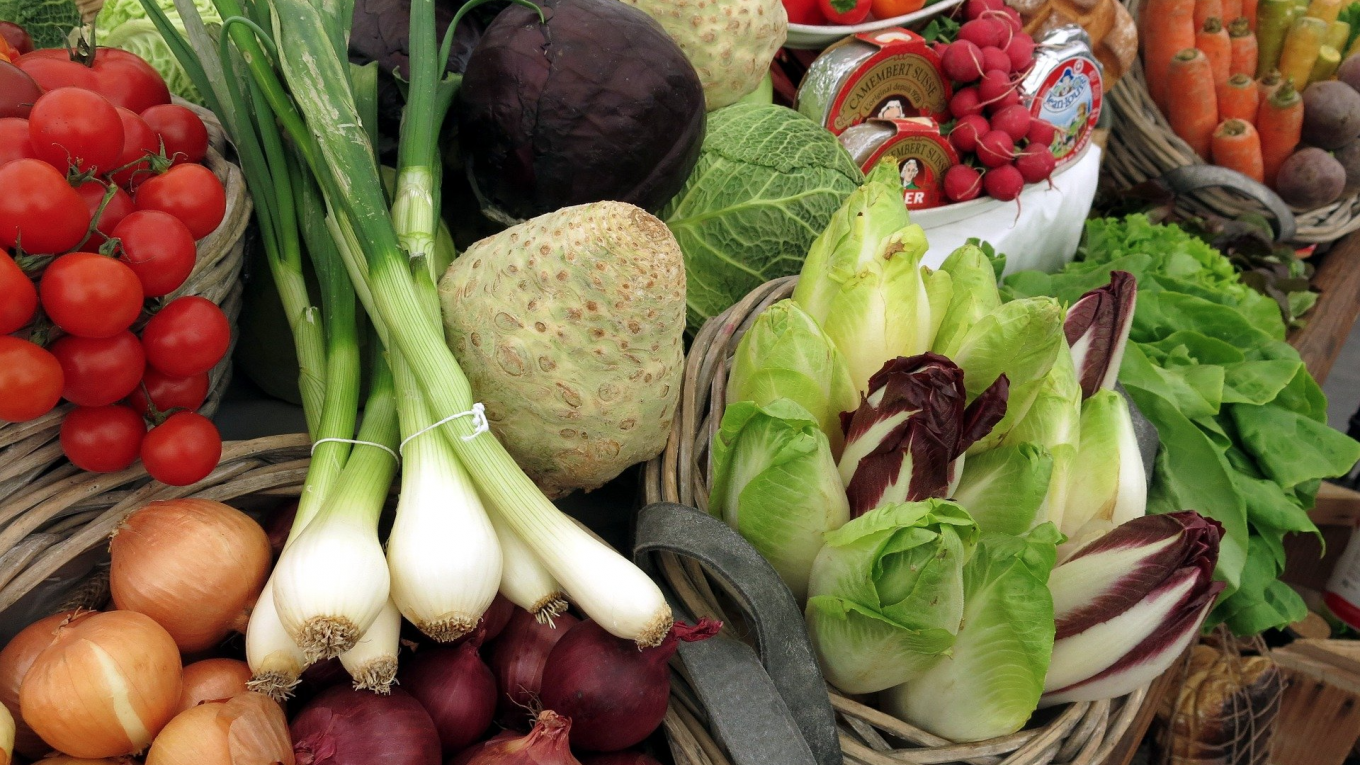Can vegans do low-carb?
Some thoughts for adults considering low-carb vegan dining.
Low-carb dining is not impossible for vegans but it does require some thought and planning. The biggest issue is the same for everyone going low-carb; how to cut down or cut out starchy and sugary foods. For vegans, this may be a bit trickier as much regular vegan food is often quite heavily flour and wholegrain based. Low-carb may be tricky, but it’s not impossible.
- Vegetables are all fine as long as they are not starchy tubers like potatoes. For a great list of 50 low-carb plant foods why not visit. https://lovepbco.com/the-50-lowest-carb-vegetables-the-definitive-list/
- Fruits are fine in strict moderation. Eat them whole and unprocessed. Fruit is sweet and juicy and that sweetness is sucrose (sugar). I sometimes call it high-fructose tree-candy.
- Berries are great. They taste sweeter than they should bearing in mind they are relatively low in sucrose.
- High-fat fruit is great e.g. olives and avocados.
- Nuts and nut butters. Just make sure they really are true nuts. Peanuts are in fact pulses and are a bit more carby than true tree nuts. Cashews and especially chestnuts are higher carb offerings. Make sure to avoid honey roasted nuts and other carby coated nuts.
- Seeds are fine.
- Sprouted seeds, there are just fine too and great in salads.
- Fermented plant food. Think sauerkraut and other similar culinary delights.
- Soy, Tofu, Tempeh. These oriental foods are low-carb protein sources
- Legumes. Legumes are bean. Pulses are dried legumes. All deliver protein but 15-20% carbs too so care with portion size
- Healthy fats. Olive and coconut oils are wonderful tasty healthy oils. Low-carbers mostly avoid the ‘pro-inflammatory’ vegetable oils e.g. rape and sunflower seed oils. These are all high in Omega-6 fats which in anything other than trace amounts are in my opinion unhealthy.
- Chia seeds.
- Chocolate. Fine if it is dark and strong; at least 70% cocoa solids.
- Plant milks and yoghurts are good substitutes for dairy products.
- Seaweed and algae add taste and iodine.
- Wholegrains…. Hmmm… as far as your digestion is concerned, and despite all the promotional hype, these are just starchy foods and should be kept to a minimum.

Supplements are important for those dining vegan.
- Vitamin B12 may be present in some vegan foods but at low levels and perhaps not as ‘bio-available’ as in some non-vegan foods.
- Vitamin K2 – Mainly an animal-derived vitamin thought it may be present in some fermented foods e.g. sauerkraut. A supplement might be advisable. Note: Vitamin K is not the same thing.
- Vitamin D may be difficult to absorb for vegans. A supplement (especially in these COVID days) is a good idea. Take around 6-800IU/day (15-20micrograms).
- Omega-3 oil (specifically ALA) 2-300mg/day.
- Iodine (it’s in iodized salt, seaweed). Aim for around 150microgrames/day.
- Iron may be low in vegan diets. Aim for around 8mg/day men, 18mg/day women.
- Calcium and zinc can run low in vegans.
Ps – Just as with non-vegan processed and packaged foods, great care is required to avoid inadvertently consuming carbs and unhealthy oils. Read those nutritional information labels
Main information sources: www.healthline.com & www.vegansociety.com

